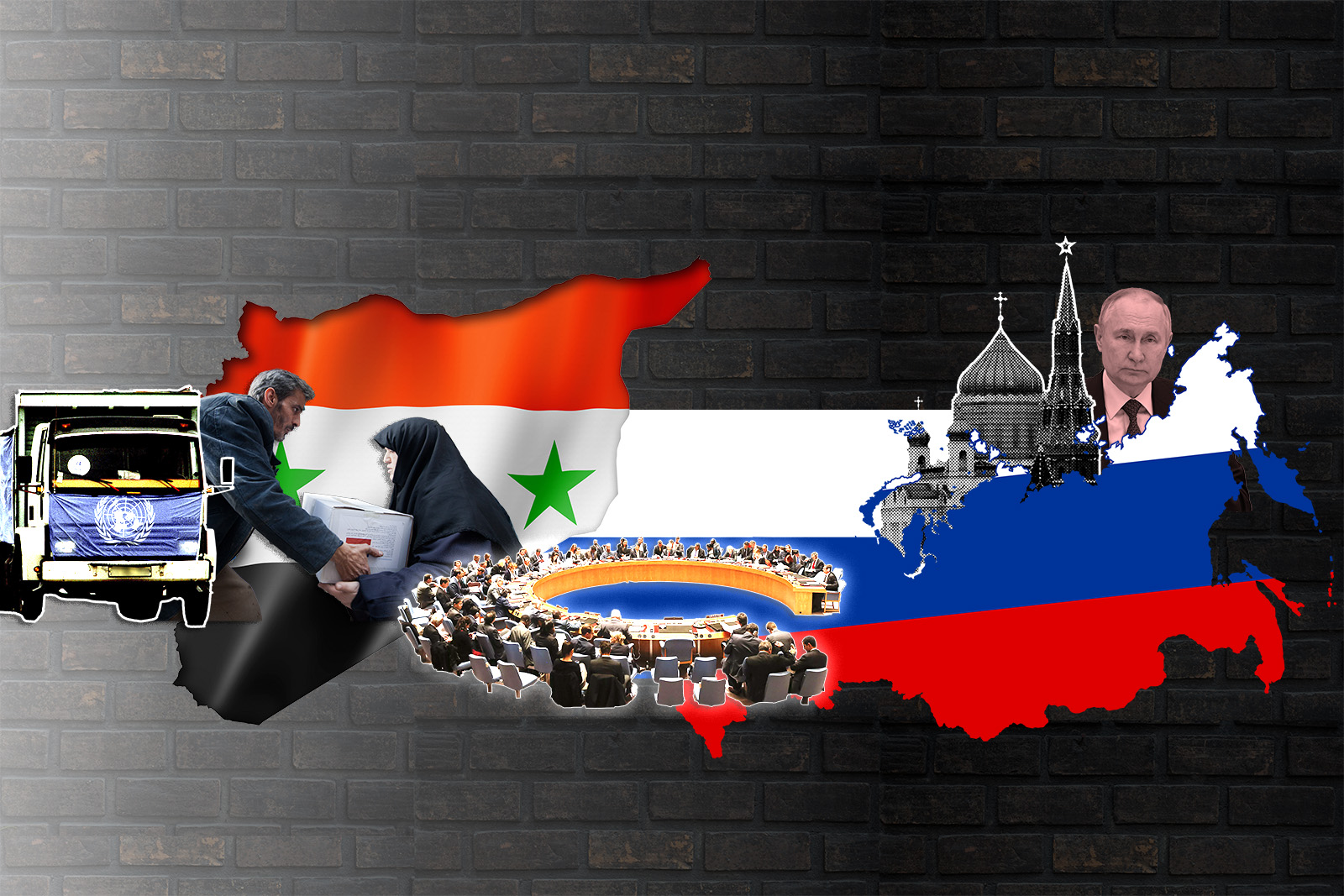
Switzerland has frozen CHF99 million in Syrian funds

Switzerland has frozen Syrian assets worth around CHF 99 million ($112 million).
The State Secretariat for Economic Affairs confirmed a corresponding media report in the Neue Zürcher Zeitung published on Tuesday. The Swiss government first issued the ordinance on measures against Syria on May 18, 2011. At the time, Switzerland joined the sanctions imposed on Syria by the European Union (EU). These were imposed due to the violent repression of the civilian population by the Syrian armed and security forces.
+Get the most important news from Switzerland in your inbox
As long as the EU sanctions against Syria remain in place, Switzerland can also maintain its sanctions, according to the State Secretariat for Economic Affairs (Seco). Switzerland is following the situation closely, including developments in the EU.
Comparatively little of the Assad regime’s money is held in Swiss bank accounts. One reason for this, in addition to the sanctions in place since 2011, is the withdrawal of Swiss banks. According to the newspaper report, they had already withdrawn from the once flourishing business with Syria in the 2000s.
Sanctions against Assad ministers
At the beginning of the week, Switzerland placed three ministers of the Assad regime on the list of persons subject to sanctions. They are accused of being partly responsible for the violent repression of the civilian population in Syria, the statement continued. Among other things, they are subject to an entry ban.

More
Sanctions: a headache for humanitarian action
Last March, the Office of the Attorney General charged Rifaat al-Assad, an uncle of Bashar al-Assad, who has since been overthrown in Syria, with war crimes and crimes against humanity. He is alleged to have been responsible for the massacre in the Syrian city of Hama in February 1982, in which between 10,000 and 40,000 people lost their lives.
Adapted from German by DeepL/ac
This news story has been written and carefully fact-checked by an external editorial team. At SWI swissinfo.ch we select the most relevant news for an international audience and use automatic translation tools such as DeepL to translate it into English. Providing you with automatically translated news gives us the time to write more in-depth articles.
If you want to know more about how we work, have a look here, if you want to learn more about how we use technology, click here, and if you have feedback on this news story please write to english@swissinfo.ch.

In compliance with the JTI standards
More: SWI swissinfo.ch certified by the Journalism Trust Initiative




























You can find an overview of ongoing debates with our journalists here . Please join us!
If you want to start a conversation about a topic raised in this article or want to report factual errors, email us at english@swissinfo.ch.